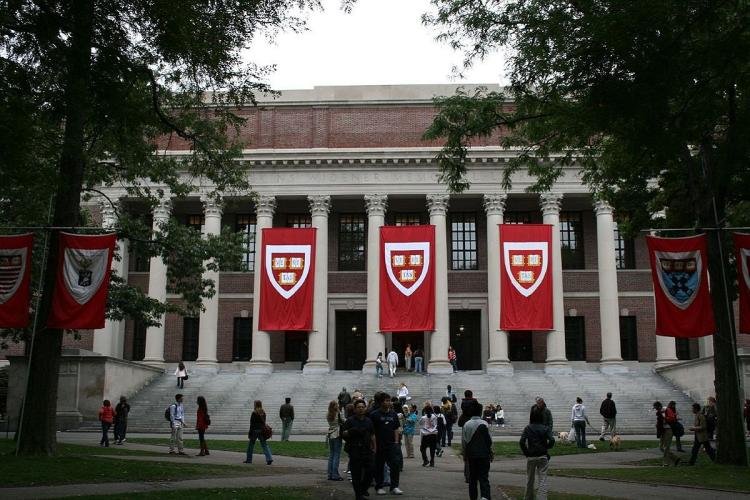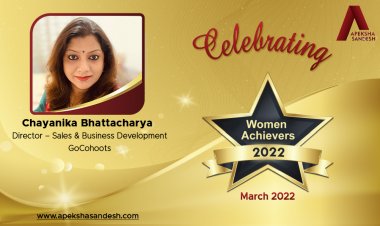Temporary suspension of foreign work visas threatens scholarly engagement: Harvard

Washington: The temporary suspension of foreign work visas, including the most sought-after H-1B visas, is a short-sighted policy that threatens scholarly engagement, a top US university has said.
Harvard University Spokesperson Jonathan L Swain on Thursday said that though this does not affect student visas or Optional Practical Training (OPT) but it is disappointing that the executive order bans entry to certain new non-immigrant visa holders, including the H-1B.
On Monday, US President Donald Trump issued a proclamation to suspend the most sought-after H-1B visas along with other types of foreign work visas until the end of 2020 to protect American workers in a crucial election year.
Trump argued that the step was essential to help millions of Americans who have lost their jobs due to the current economic crisis. The temporary suspension, the White House, argues will make more than half million jobs available to Americans.
In our view, this is a short-sighted policy that threatens scholarly engagement, Swain told the university publication The Harvard Crimson.
The H-1B visa is a non-immigrant visa that allows US companies to employ foreign workers in specialty occupations that require theoretical or technical expertise. The technology companies depend on it to hire tens of thousands of employees each year from countries like India and China.
Days before President Trump issued the proclamation to suspend several types of work visas, University President Lawrence S Bacow urged his administration to enact forward-thinking immigration policies .
In a June 2 letter to Secretary of State Michael Pompeo and Acting Secretary of Homeland Security Chad Wolf, Bacow urged to reject efforts to curtail specific programmes for international scholars: namely, OPT and the STEM Extension.
OPT allows students who have completed at least one academic year to use their student visas to work in the US for one year to gain professional experience that relates to their field of study and complements their education, Crimson said.
Students who receive degrees in science, technology, engineering, and math fields may also apply for an additional 24 month extension, known as the STEM Extension, it said.
Experiential learning is an important practical experience as well as a recruitment tool for those seeking to welcome top talent, Bacow wrote in the letter.
- By Lalit K Jha















































